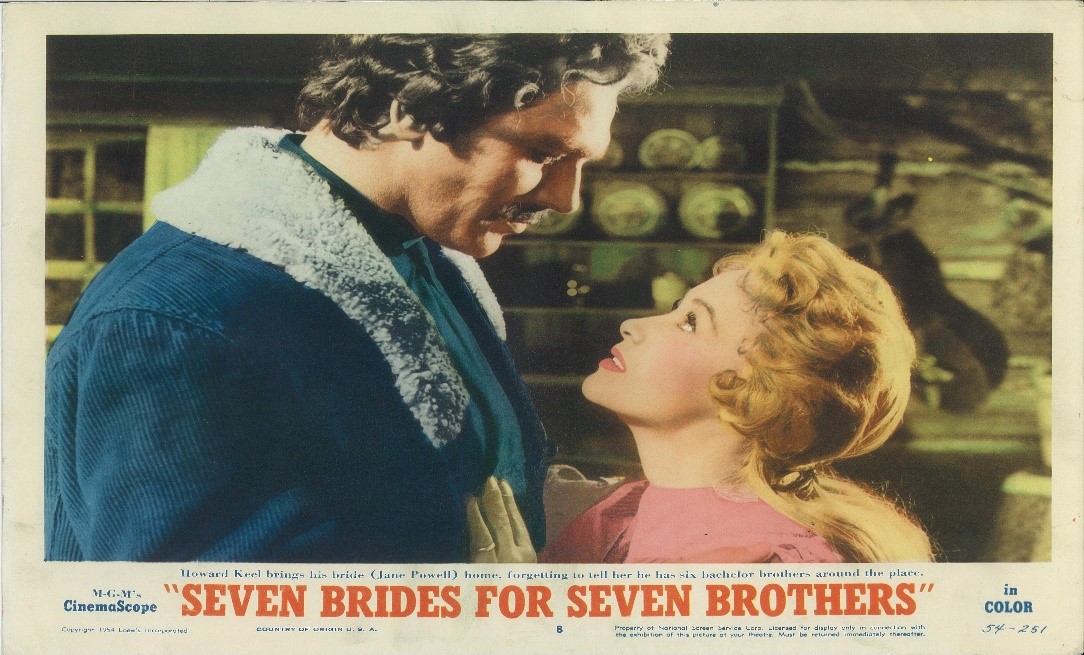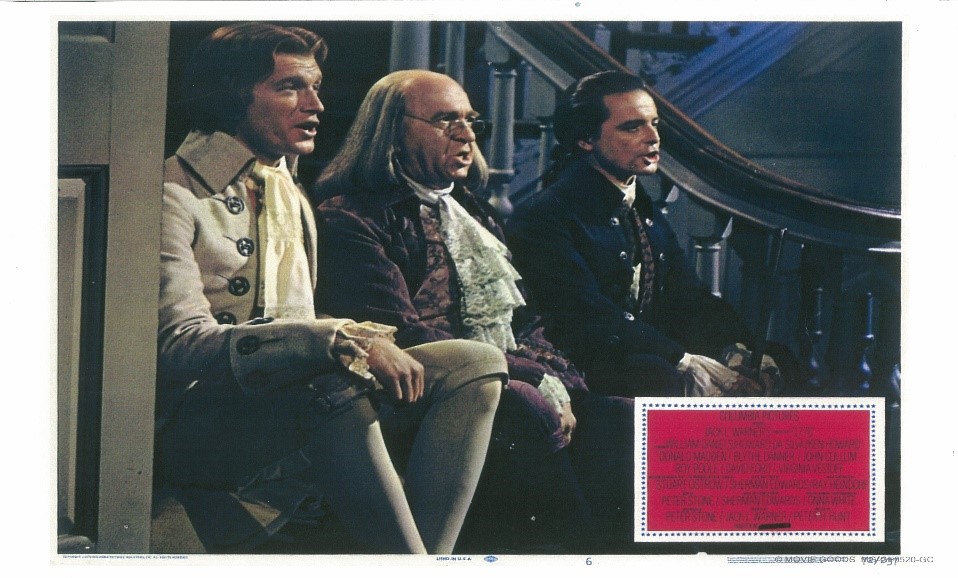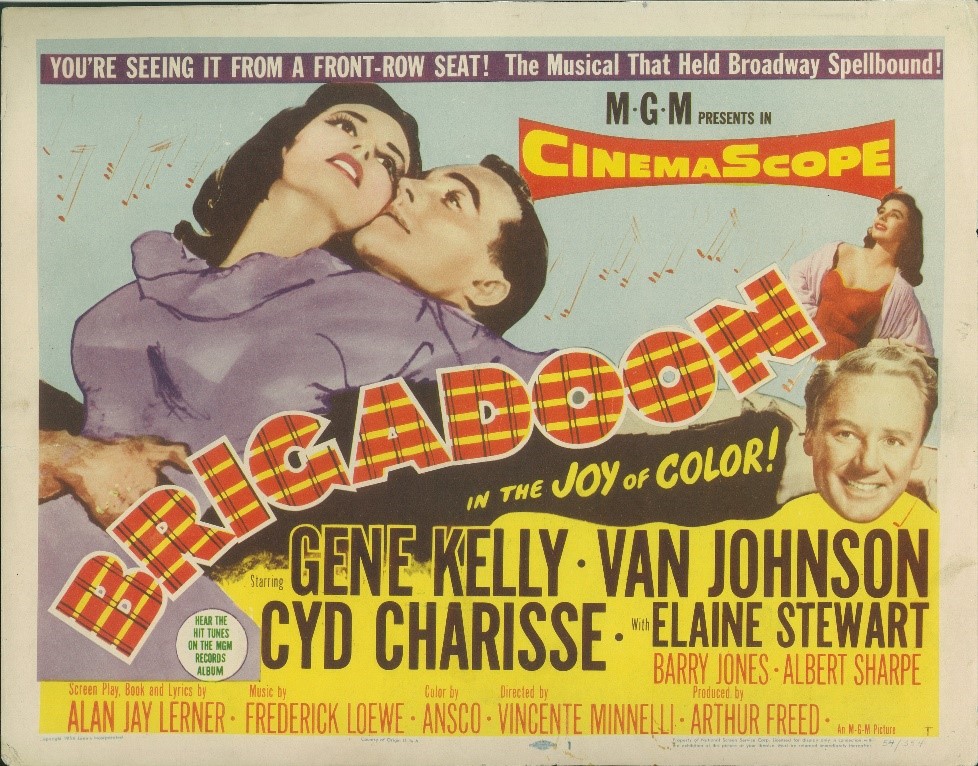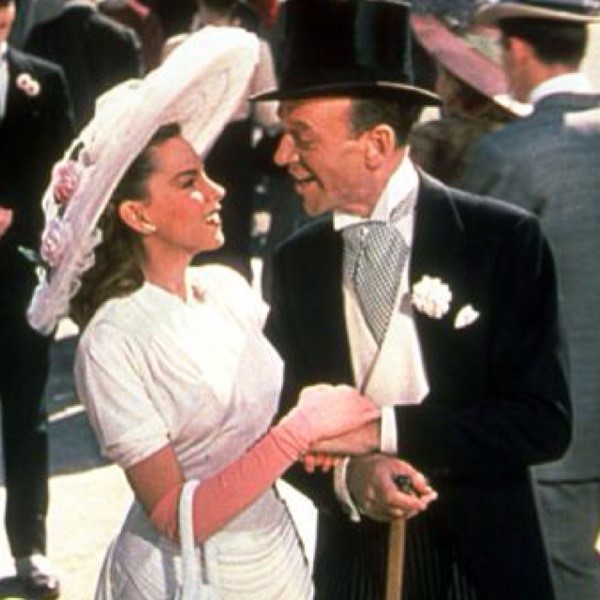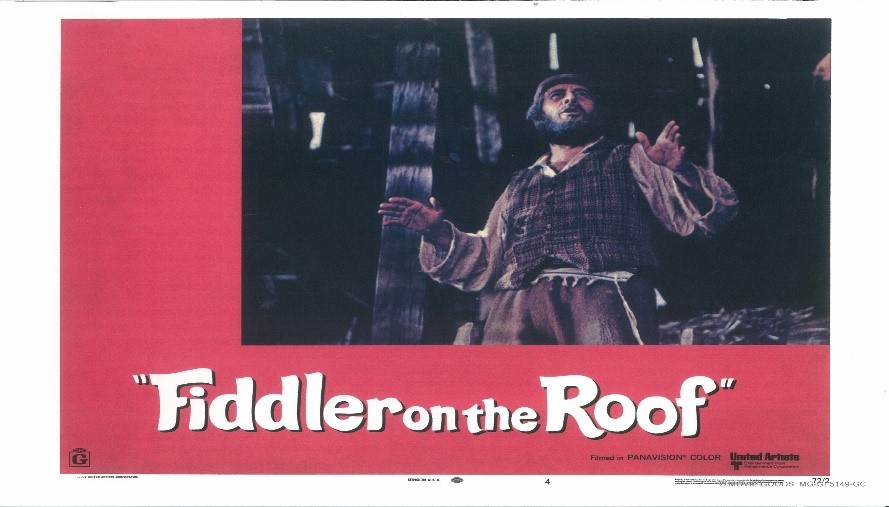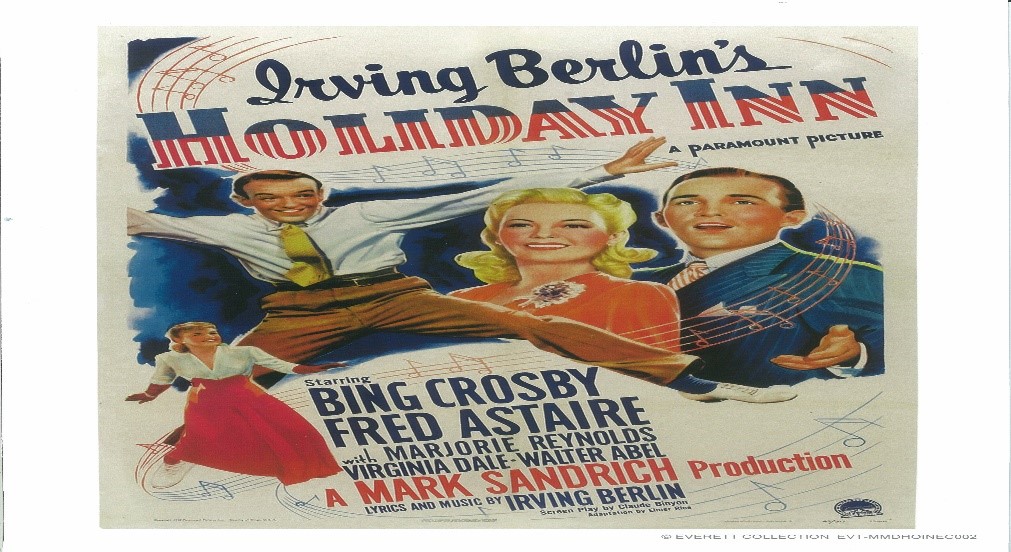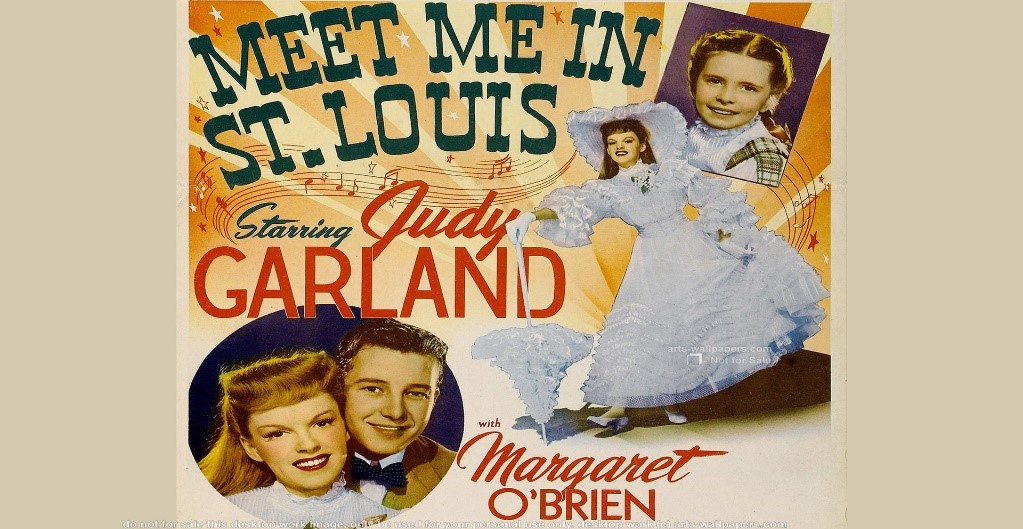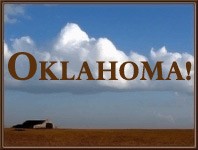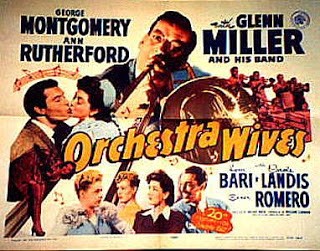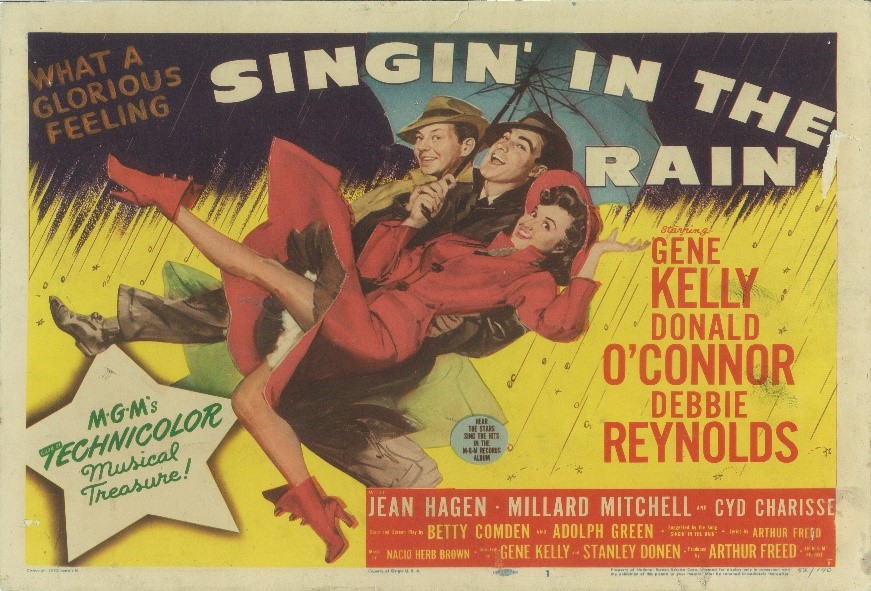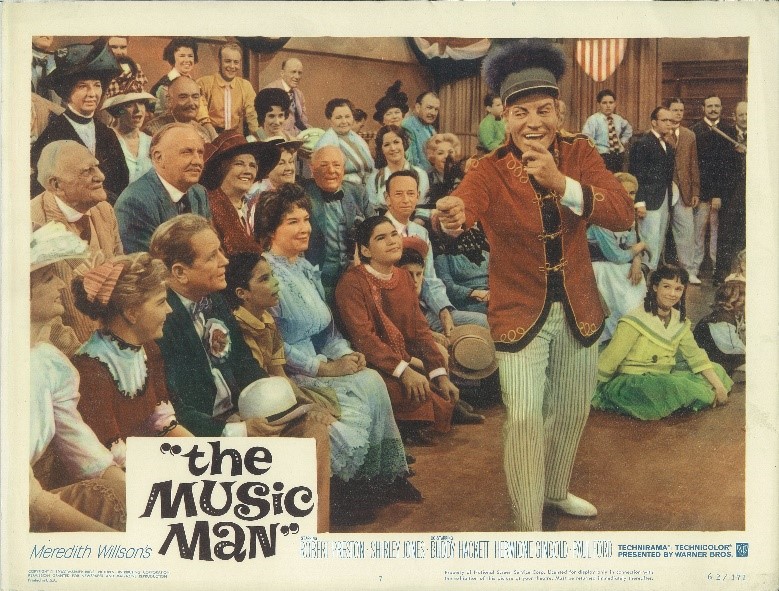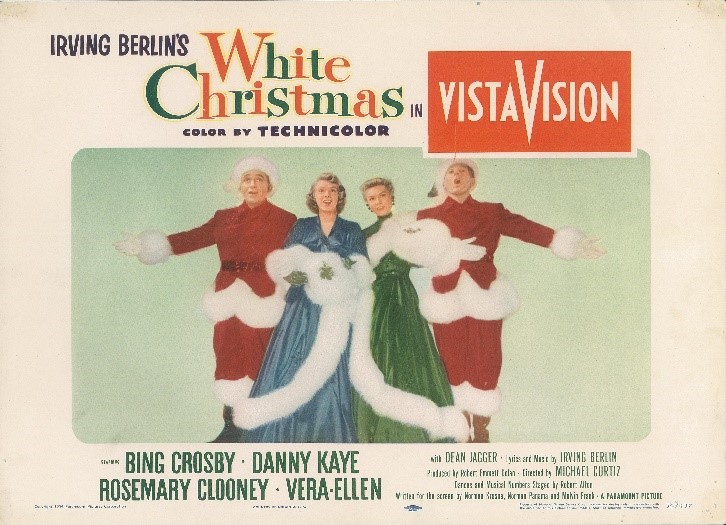"Forget your troubles and just get happy! We’re gonna be going to the promised land!” (Harold Arlen and Ted Koehler, 1930)
The promise land away from King George and his illegal taxes! Stamp Acts, Townsend Acts, Sugar Acts Tea Acts! The Land of the United States.
Welcome to the February 2019 Edition: 1776 ~ The Promise Land.
As the Guidebook opens on our journey to a perfect union, we are met by John Adams, Thomas Jefferson, and Ben Franklin.
John Adams, A man who is obnoxious and disliked to be sure, but who possesses such a fervent love of country that he will not be silent regarding the colonies fight for Independence. (“I Say Vote Yes! Vote Yes! Vote for Independency!”)
Thomas Jefferson: A man guided by his passion. In this film, he appears to be guided more by his passion for his wife than for his love of country. He tells Adams, “I’m going home… I haven’t seen my wife these six months.” (When his wife arrives, he quickly dispenses with writing to indulge in more pleasurable pursuits). However, as our story progresses, we witness a man whose passion for his country is equal to that of Adams. ("We solemnly declare that we will preserve our liberties being with one mind resolved to die freemen rather than to live slaves.")
Ben Franklin: A man with a vision for the future, an eye for posterity yet keenly aware that a free future will not be realized without compromise: “You talk as if independence were the rule. It’s never been tried before; no colony has ever broken from the parent stem in the history of the world. Consider what you’re doing…we are men, no more no less trying to get a nation started against greater odds than a more generous God would allow. Independence first, America -- if we don’t secure that what difference will the rest make?” Ben Franklin suggested a compromise for the greater good. Compromise may be a vehicle for you to link 1776 politics with the politics of today. Why is it so difficult to compromise in the political climate of today?
Favorite characters and their beliefs noted let’s address those thought-provoking questions:
How can/do these films help us engage and reach those clients, residents, and family members who seem unreachable?
From the start, this film engages the audience with all its Congressional strife but leaves room for the victories that will help to form “a perfect union.”
John Adams struggles with Congress (“I have come to the conclusion that one useless man is called a disgrace, that two are called a law firm and three or more are called a Congress!”) and with his loneliness/love for his wife ("Abigail, I’m very lonely, please come to Philadelphia. Please come. How goes it with you?”) We relate. (“I have such a desire to knock heads together!”) This scene is a perfect opportunity to discuss struggle in all our lives, from work to home.
We welcome the victories that he, Jefferson, and Franklin collect: Richard Henry Lee accepting the job of proposing Independence (The Lee’s of Old Virginia), Jefferson taking on the writing of the declaration. (“You write ten times better than any man in Congress!”)
We agonize with them over the reading of the declaration and the pain suffered by some of the compromises made. (The abolishment of slavery passage is removed. ("The rights of human nature are deeply wounded by this infamous practice!”)
We rejoice with them when an agreement is made and reflect on the enormity of the task as the last scene is accompanied by the liberty bell’s chimes.
What do the films say about the time the period in which they were filmed?
In 1972 the Vietnam War raged on, and the references to the colonial war in Mama Look Sharp (“Mama come find me before I do die!”), speaks to the angst, fear, and struggle many felt during that time.
I believe the sentiments expressed in this song and the political unrest of this film are as relevant today as in any other time. Any generation can relate to the politics, the loneliness and separation and the difficulty of standing up for what you believe when those around you are attempting to silence you.
Amidst all this symbolism, what is it about this film that makes us happy and brings us back to it again and again? Is it the story? The historical characters? The Score/songs (Sit Down John)? The humor of Ben Franklin? (“John give it up, no one listens to you. You’re obnoxious and disliked!”), or is it the living breathing characters and the story of our nation's beginnings that give us pause and hope at the same time?
You decide when you, your clients, residents, students, and Intergenerational family members head to the promised land of the United States in 1776.
~~Lori

